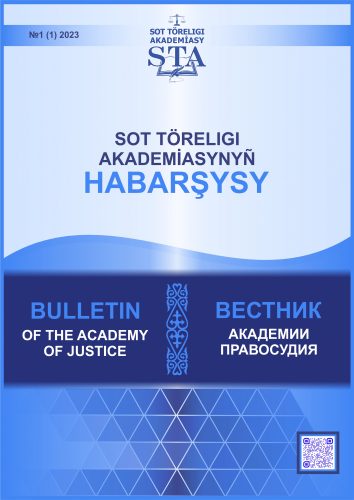Off-site session of the Committee on Constitutional Legislation, Judicial System and Law Enforcement Agencies of the Senate of the Parliament of the Republic of Kazakhstan at the Academy of Justice under the High Judicial Council of the Republic of Kazakhstan
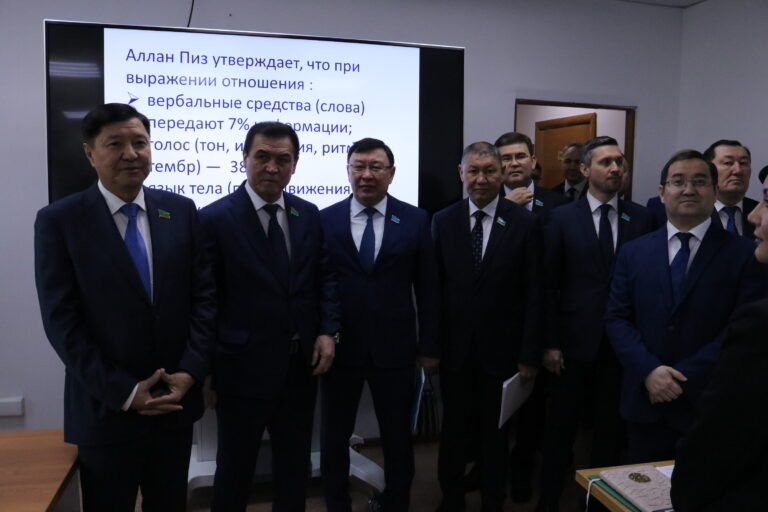
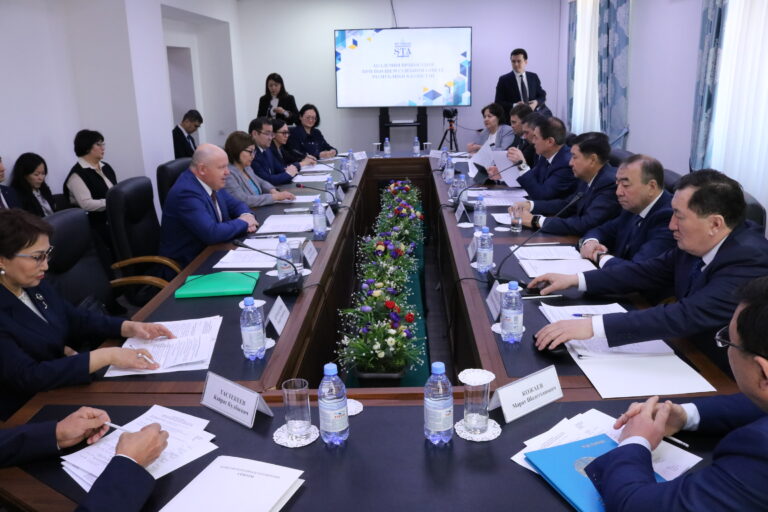
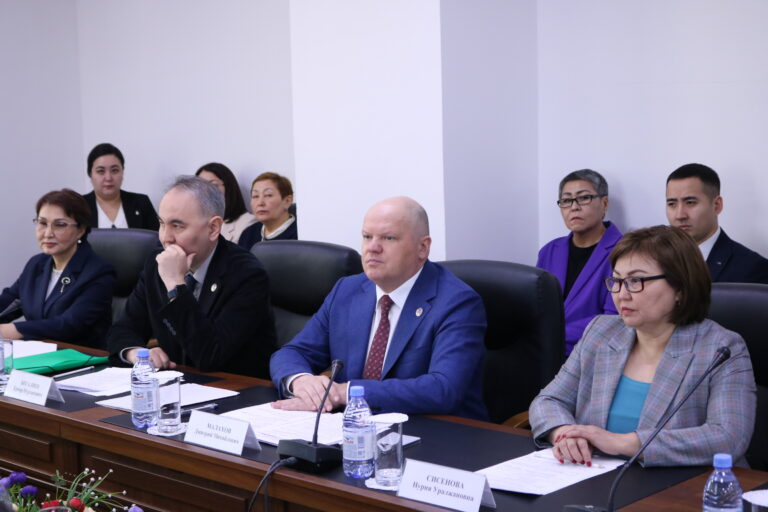
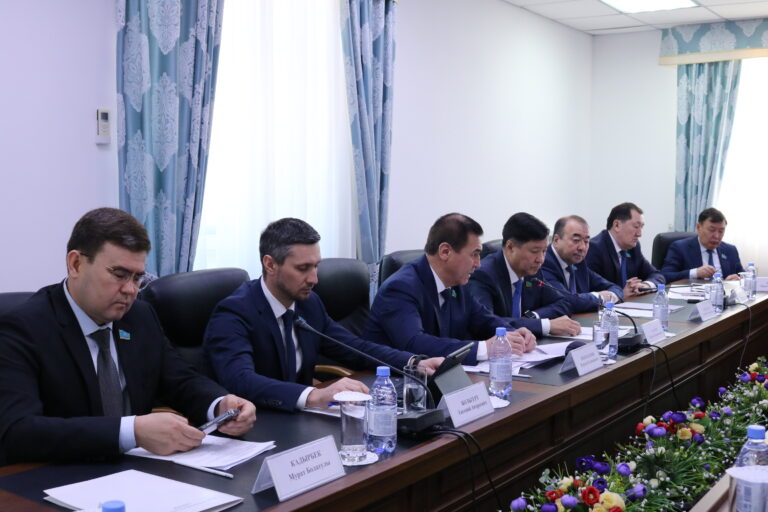
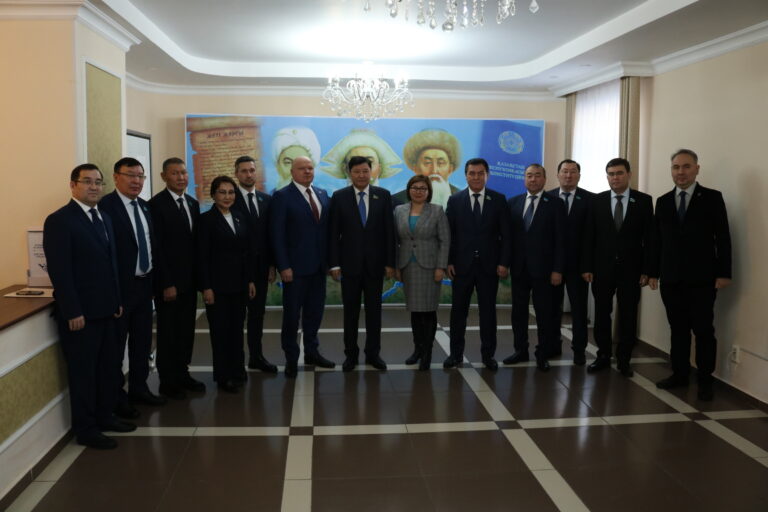
On February 04, 2024, the Academy of Justice under the High Judicial Council of the Republic of Kazakhstan hosted an off-site session of the Committee on Constitutional Legislation, Judicial System and Law Enforcement Agencies of the Senate of the Parliament of the Republic of Kazakhstan (hereinafter referred to as the Senate). The meeting was attended by Deputy Chairman of the Senate Zhakip Kazhmanovich Assanov, Chairman of the Committee on Constitutional Legislation, Judicial System and Law Enforcement Agencies of the Senate Nurlan Kudiyarovich Beknazarov and deputies of the Senate – members of the Committee, as well as Chairman of the High Judicial Council of the Republic of Kazakhstan (hereinafter – the Council) Dmitry Mikhailovich Malakhov, with members of the Council and representatives of the Council Apparatus.
During the visit, the Senate delegation got acquainted with the educational process, visited the classrooms, the courtroom, as well as the library of the Academy of Justice.
An off-site session began with a presentation by Acting Rector K.K. Musin on the current activities and development directions of the Academy of Justice and continued in the format of discussing issues of the judicial system, its staffing and training of judges. N.K. Beknazarov noted that this visiting session is being held on the eve of parliamentary hearings, drew attention to the fact that the level of the professional training of judges and the rule of law are directly related. J.K. Assanov in his speech, emphasized the importance of ensuring the quality of personnel in the judicial system and spoke about the reforms in the period from 2018 to 2022, which at one time led to transparency in the selection of judges and objectivity in the appointment of judges.
D.M. Malakhov and members of the High Judicial Council provided information on the progress of activities and the current process of selecting judges, as well as expressed their position on staffing the cassation courts.
Participants of the discussion exchanged views and experiences, including on how to provide remote regions with judicial personnel, reduce the burden on judges, and use artificial intelligence in the administration of justice.
The Academy of Justice has received valuable advice that will help in further improvement of the quality of judicial training.



